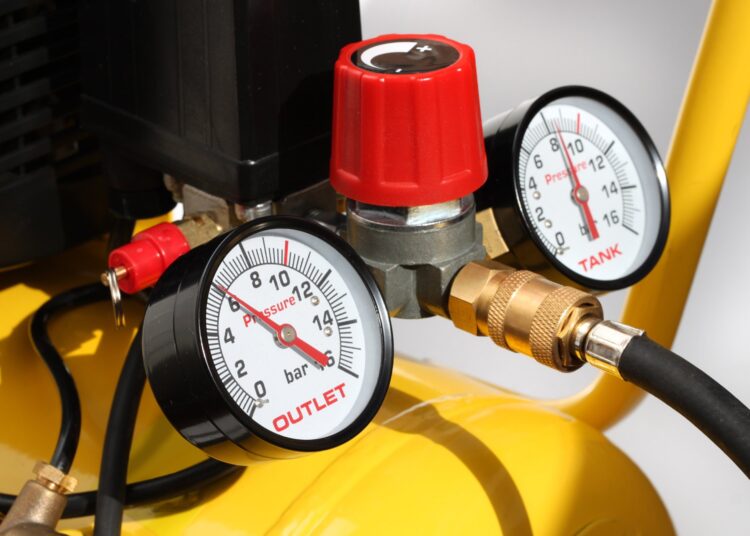Air compressors power countless operations across modern industry. These versatile machines convert electrical energy into compressed air, creating a reliable power source that drives tools, machinery, and entire production systems. From small workshop applications to massive industrial facilities, compressed air technology forms the backbone of productivity in multiple industries.
Manufacturing Powers Production Lines
Manufacturing facilities rely heavily on compressed air systems to maintain efficient operations. Pneumatic tools dominate assembly lines, where workers use air-powered drills, impact wrenches, and sanders to build products quickly and precisely. Automated machinery depends on compressed air to operate conveyor belts, robotic arms, and packaging equipment.
Quality control processes also use compressed air for cleaning components and powering inspection equipment. The consistent pressure and clean delivery make compressed air ideal for sensitive manufacturing environments where contamination must remain minimal.
Construction Sites Demand Portable Power
Construction projects require powerful, portable tools that can withstand harsh conditions. Air compressors provide the muscle behind jackhammers that break through concrete, nail guns that frame buildings, and spray painters that finish surfaces. These tools offer superior power-to-weight ratios compared to their electric counterparts.
Professional air compressor installation ensures construction sites have reliable access to compressed air throughout project timelines. Contractors often establish permanent or semi-permanent systems for large-scale developments where multiple crews need simultaneous access to pneumatic power.
Automotive Industry Maintains Precision
The automotive sector uses compressed air technology across multiple applications:
- Vehicle assembly lines use pneumatic tools for precise bolt tightening.
- Paint booths require clean, dry air for flawless finishing.
- Tire inflation systems maintain proper pressure standards.
- Brake system testing depends on controlled air pressure.
- Engine component manufacturing uses compressed air for cleaning and quality control.
Automotive service centers also depend on air compressors for tire changes, brake repairs, and general maintenance tasks. The instant availability and consistent power delivery make compressed air indispensable for efficient vehicle services.
Food and Beverage Processing Ensures Safety
Food production facilities require exceptionally clean compressed air systems to meet strict hygiene standards. Compressed air powers packaging machines that seal containers, fill bottles, and sort products along processing lines. The pharmaceutical-grade air quality prevents contamination while maintaining rapid production speeds.
Beverage companies use compressed air for bottle cleaning, carbonation processes, and automated bottling systems. The precise pressure control allows manufacturers to maintain consistent product quality while meeting high-volume demands.
Healthcare Relies on Medical-Grade Systems
Healthcare facilities depend on compressed air for life-critical applications. Medical air systems power ventilators, anesthesia machines, and surgical tools with exceptional reliability. Hospital compressed air systems operate continuously, requiring redundant backup systems to ensure patient safety during emergencies.
Dental offices use compressed air for cleaning procedures, powering handpieces, and operating suction systems. Laboratory equipment also uses compressed air for sample analysis and automated testing procedures.
Air compressor technology proves essential across diverse industries due to its reliability, safety, and efficiency. Unlike electrical systems, compressed air eliminates spark risks in hazardous environments while providing consistent power output. The versatility of pneumatic systems allows single compressor installations to power multiple applications simultaneously, making them cost-effective solutions for businesses of all sizes.
Modern compressed air systems continue evolving with smart controls, energy-efficient designs, and improved filtration systems. These advances ensure air compressor technology remains relevant as industries pursue greater automation and efficiency standards.

















































































